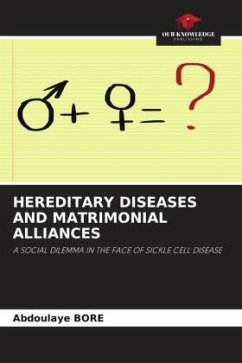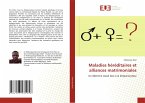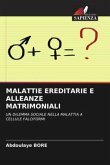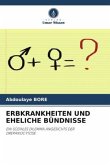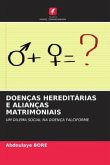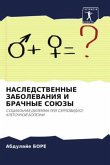In rural areas, sickle cell disease as a genetic disease is not known in the Kakolo community of the Baule River. Among the population, 93.64% do not know about hereditary diseases, and only 2.9% of respondents mention Koloci (sickle cell disease). The endogamic structure or at least the practice of endogamy observed in this community is a factor in the conservation of genetic traits. Apart from this knowledge of sickle cell disease, social and genetic determinants have been identified that underlie engagement and marriage in closed settings. On the other hand, in an open environment such as that of Bamako, the existence of an adapted health structure and the level of education would be factors that would allow for nuptial tests and the management of recurrent crises of sickle cell disease. The investigation highlights the imbalance between town and country of sickle cell disease sufferers on the one hand, and on the other hand between "intellectuals" and "illiterates" in access to care. The identification of community enclaves in rural areas is necessary to determine the existence of genetic anomalies that are a source of mortality.
Bitte wählen Sie Ihr Anliegen aus.
Rechnungen
Retourenschein anfordern
Bestellstatus
Storno

